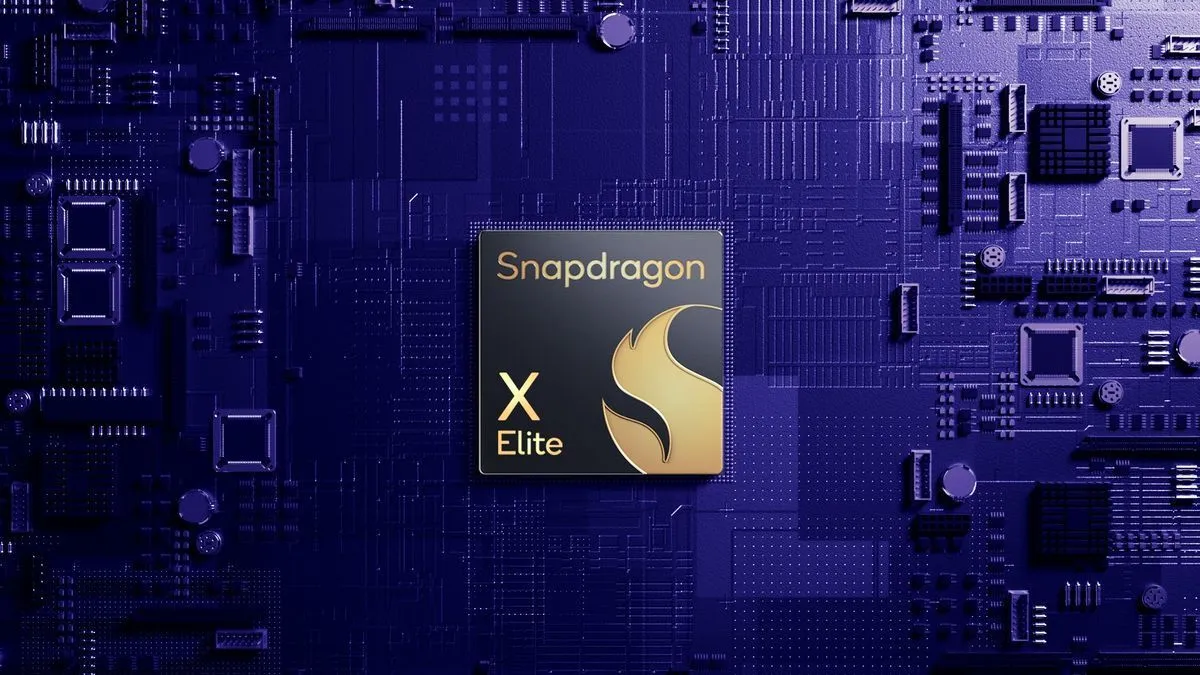Exactly.
This quote reveals the lack of understanding about how MS works:
Thus far, there's little doubt that Microsoft's efforts with Windows on Arm have been half hearted.
Half-hearted? I bet MS research developed a plan for ARM before the public knew ARM existed. They have a massive research department.
They don't need to support ARM until it's well-established at a performance point that can supplant x86 even under emulation. Their major clients are business, and frankly laptop battery life is more than good enough for business users today (I can run almost all day on battery, and I do a lot of file management with a 3 year old, midrange business laptop).
Now what's compelling for big business is power consumption in data centers or even office buildings. But those systems aren't running Windows directly on iron - it's all virtualized. So even there I'm not sure ARM competes yet. Maybe for desktops in the office, call centers, etc. But those already use Mini PCs.
Gonna be interesting to see how it all works out. Will we really see dramatically better battery life on a Windows ARM laptop? Will this also be the return of Windows Phone/Tablet (does this change the tablet definition if it can run Windows/Linux?)
Edit: Forgot that MS already has Win10 IoT Enterprise, and Win10 IoT Core - so Enterprise for managing IoT devices, and Core to run on IoT devices. Core is much like Embedded Windows in that it's stripped down and only runs one app. I'm sure MS considered ARM devices when building it, and wouldn't be surprised they've already done extensive testing with an ARM version already.

